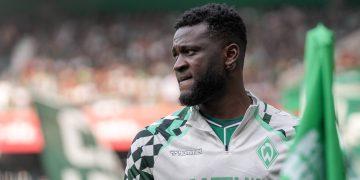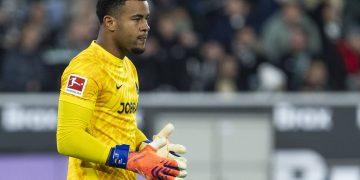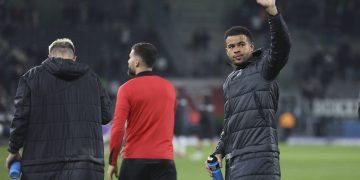
Germany won the right to host football’s 2024 European Championship yesterday, beating Turkey following a politically-charged campaign.
Germany, which successfully hosted the 2006 Fifa World Cup, was the long-time favourite and won the UEFA executive committee vote 12-4. There was one abstention.
Three months after Fifa members picked a North American bid over Morocco to host the 2026 World Cup, UEFA also opted for a more proven and profitable option. Unlike Fifa, UEFA does not publish who the voters picked.
Turkey is now a four-time losing candidate after failed bids to host Euro 2008, 2012 and 2016. This was the first time UEFA built human rights assessment into the process.
“Every democratic decision is the right decision,’’ said UEFA president, Aleksander Ceferin, who has been closely allied with German football federation president, Reinhard Grindel as European colleagues on the Fifa Council.
UEFA relies on its signature national-team competition to help fund 55 member federations. Revenue from the first 24-team Euro, hosted in 2016 by France, was almost two billion euros (NZ$3.5 billion). UEFA got 850 million euros (NZ$1.5 billion) in profit.
Germany should have about 400,000 more tickets to sell than the Euro 2016 organisers. It also had 300,000 more seats than Turkey’s bid.
The UEFA voters were given confidential revenue projections for each candidate’s plan.
“They [Turkey] were beaten by a slightly stronger bid,’’ said David Gill, a UEFA vice president, who also chairs the body’s finance committee.
Germany plans to use 10 stadiums for the 51-game tournament and play the final in Berlin or Munich.
Turkey proposed its strongest, government-backed bid yet with eight of 10 stadiums already completed and owned by the sports ministry. Yet it was likely to struggle in the first UEFA hosting vote with a human rights assessment.
The government of President Recep Tayyip Erdogan has become increasingly authoritarian and a UEFA report into the candidates published last week noted Turkey’s lack of a tournament plan to address human rights.
Germany will look to recapture the positive feeling of its month-long 2006 World Cup, which became known as the nation’s “Summer Fairytale”. A well-liked and underrated national team helped Germans express a fresh pride in their national identity and symbols more than a decade after reunification with East Germany.
“Of course it will be a great motivation for young players and for the kids,’’ said Germany coach Joachim Loew, who was assistant to Juergen Klinsmann in 2006.
Europe’s signature competition was hosted in 1988 by West Germany, one year before the Berlin Wall came down.
The election victory on Friday (NZ time) is a welcome revival for the German football federation and its leader after four months of turmoil.
The federation and fans have had troubled relations with national team players Mesut Ozil and Ilkay Gundogan, whose roots are Turkish, before and after a poor showing at the World Cup as defending champion in Russia.
The issue flared after the players posed for photos with Erdogan in London in May. Ozil then became a scapegoat for the team’s early World Cup exit.
Bid officials from Turkey quickly left UEFA headquarters and avoided international media. Their compensation is that the same UEFA voting panel in May decided the 2020 Champions League final will be played at the Ataturk Olympic Stadium in Istanbul.




